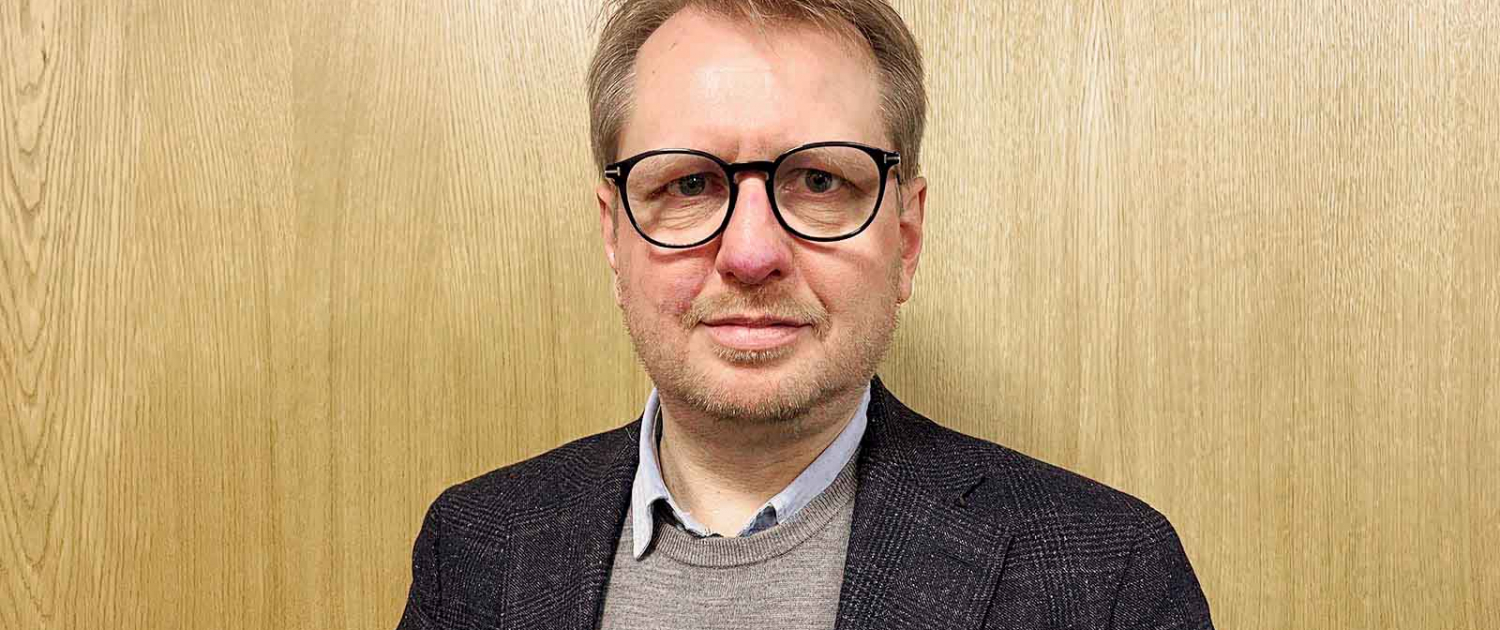Our new competence broker

The Life Science Cluster and Oslo Cancer Cluster are collaborating on the competence broker-service for Oslo-based companies.
Meet our new research and industry facilitator aka competence broker for Oslo-based companies. Bjarte Håvik is the dedicated competence broker for digitalisation, artificial intelligence, and life sciences. He is also responsible for innovation and collaboration in The Life Science Cluster.
“As a competence broker for Oslo it is my ambition to match new ideas with the best research partners and public funding mechanism,” said Bjarte Håvik, competence broker for digitalisation, artificial intelligence, and life sciences.
International from day one
Before he joined The Life Science Cluster, Bjarte Håvik served as Norway´s Counselor for Research, Technology, and Higher Education in North America – integrating education, research, and innovation in comprehensive transatlantic collaborations. Emerging technologies and cross-sector partnerships have been key topics driving new collaborations. He also has a background from the Directorate for Higher Education and Skills with a focus on lifelong learning, transferable skills, broader impact, and non-academic jobs.
“Today, research-based innovation is key for a competitive and sustainable business. Being an early startup or an established business, a well-adapted research, development, and innovation strategy is needed as early as possible. The competitive stage is international from day one. As a competence broker the aim is to give new ideas from Oslo-based businesses the best start possible,” said Håvik.
Bjarte has a PhD-degree in molecular biology. Through a 15-year research career, he studied the neuronal system with a perspective from several life science disciplines, including molecular embryology, oncology, cognition, and biological psychiatry using a variety of technologies and model systems.
What a competence broker can do
A competence broker (from the Norwegian word kompetansemegler) is an agent for connecting research and industry, as well as a conveyor of expertise. The goal is to strengthen the research-based business development in Oslo and to mobilise more research-based innovation in the innovation districts of Oslo.
“The competence broker assists applicants in qualifying for the Oslo Regional Research Fund RRF (Oslo) – a funding program aimed to strengthen the region’s capability for innovation and the international competitiveness. In addition, the competence brokers provide valuable advice on internationalisation and guidance to additional public funding mechanisms from Innovation Norway, The Research Council of Norway, and Horizon Europe,” said Bjarte Håvik.
The service is funded by the City of Oslo and is free of charge. Companies in Oslo with research-based ideas are welcome to reach out to Bjarte Håvik or one of his competence broker colleagues in Oslo.
- Would you like to book an appointment with Bjarte Håvik? This is his email.
- Would you like to speak with a competence broker in another field? See the list of all five competence brokers in Oslo on the Regional Research Funds’ website (in Norwegian).
Read more
- If your company is located outside of Oslo (but still in Norway), you can find a competence broker on this website from the Reseach Council of Norway.
- Do you have an idea for a pre-project? Find information about pre-projects on the Regional Research Funds’ website.
- Learn more about pre-projects by visiting the City of Oslo’s website (in Norwegian).


